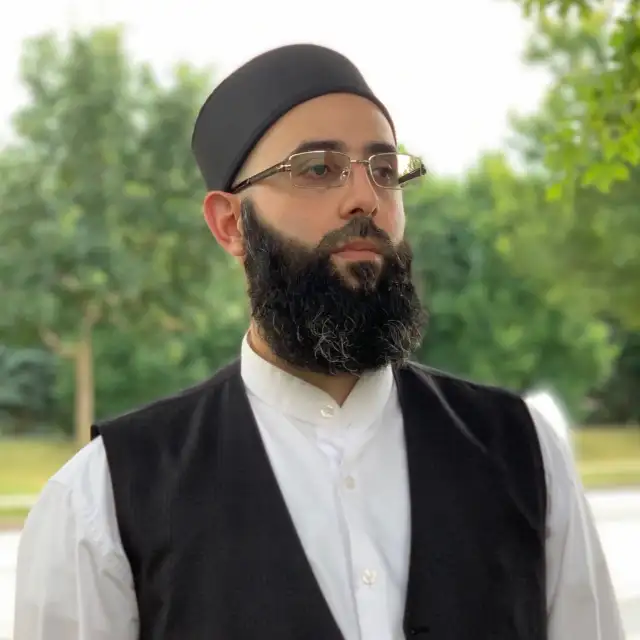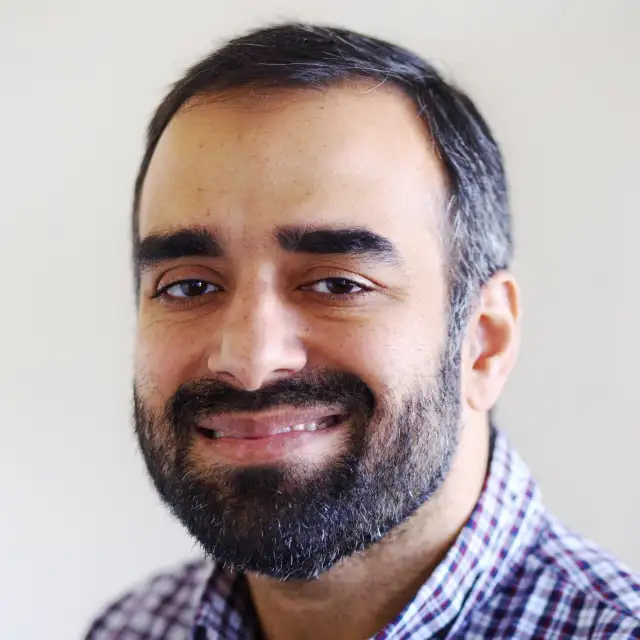Traditional Islamically Integrated Psychotherapy
TIIP is a therapeutic framework that is an ever-evolving modality of psychological treatment originally published in 2013.

Khalil School of Islamic Psychology & Research is the academic home for Khalil Center. Get professional education, clinical training, & research.
TIIP is a therapeutic framework that is an ever-evolving modality of psychological treatment originally published in 2013.
Since then, there has been further research directed at developing this framework. TIIP is the culmination of Khalil Center’s research on psychological treatment conducted by its interdisciplinary team consisting of dually trained professionals and Islamic scholars. The TIIP model offers a framework for integrating contemporary behavioral science into an inherently Islamic framework. The foundations of this model are rooted in an Islamic epistemological and ontological framework.
The practice applications of this model are through techniques that are of two types: 1) inherently Islamic approaches of psychotherapy inspired by the Qur’an, Prophetic Tradition and the traditions of the scholars particularly of the spiritual sciences of taziyah al-nafs such as muraqabah, dua etc. and 2) adaptation and integration of mainstream interventions that are consistent with the foundations and principles of Traditional Islamically Integrated Psychotherapy (TIIP).

In Traditional Islamically-Integrated Psychotherapy (TIIP) there are four larger overarching goals of the psychotherapeutic encounter: Inkishāf or introspective self-discovery, Inqiyād or engendering treatment compliance & motivation, I’tidāl or equilibrium in all aspects of life, and ittiḥād or holistic integration. Interventions are designed to utilize these principles and specifically target the elements of the TIIP ontological framework of the human psyche: (a) ʿaql or cognition; (b) nafs or behavioral inclinations; (c) rūḥ or spirit and (d) iḥsās or emotions.

This approach is not a strictly regimented or manualized therapeutic modality but rather provides general theoretical directions and insights on integrating the Islamic spiritual tradition into psychotherapeutic practice. It provides a framework that allows for an integration that is rooted in the Islamic tradition and is an ever-evolving model of care that is continuously developing through ongoing interdisciplinary research.

Hooman Keshavarzi is a licensed clinical psychologist in the state of Illinois, he holds a Doctorate and Masters in Clinical Psychology and a Bachelors of Science – specialist psychology track/minor in Islamic Studies.

Dr. Fahad Khan is a Licensed Clinical Psychologist with a Doctorate in Clinical Psychology and a Masters degree in Biomedical Sciences.

Dr. Khalid Elzamzamy is a Clinical Fellow in Child and Adolescent Psychiatry at Hamad Medical, Qatar, where he completed his psychiatry residency training.

Mawlana Bilal acquired an education in Arabic and Islamic Studies at the Jāmiʿat al-Ḥasanayn in Faisalabad, Pakistan

Sena Aycan received her undergraduate degree from Istanbul University in Psychology of Social Sciences and started working as a school counselor.